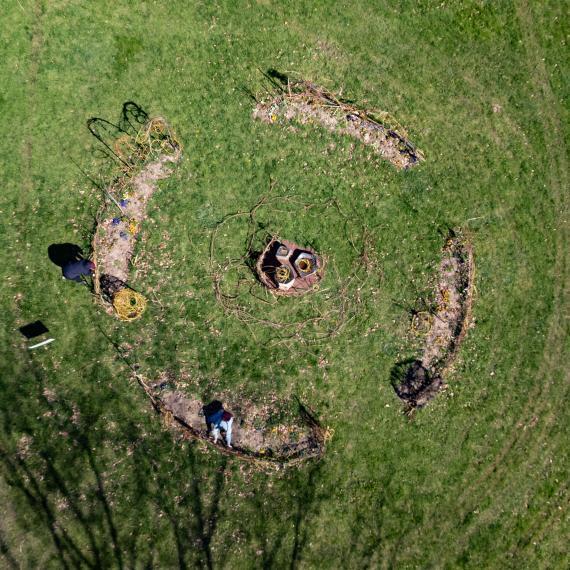
Reflection on Rooting and Reckoning: International Women's Day Online Conference 2025
The 2025 International Women's Day Conference, hosted by the Community Engaged Scholarship Institute at the University of Guelph, was a great success.
Participant presence and engagement made the event so meaningful.

